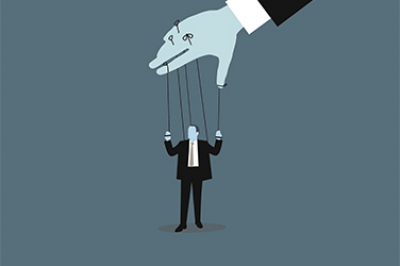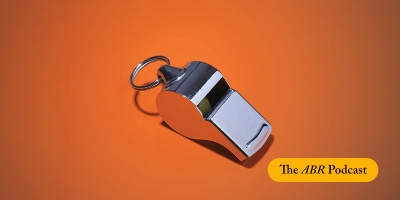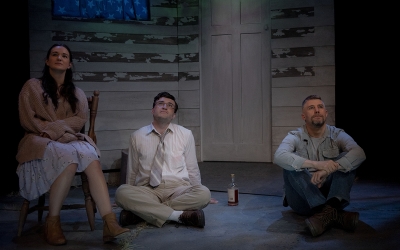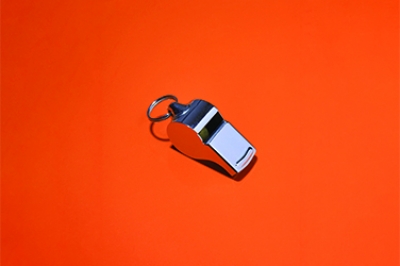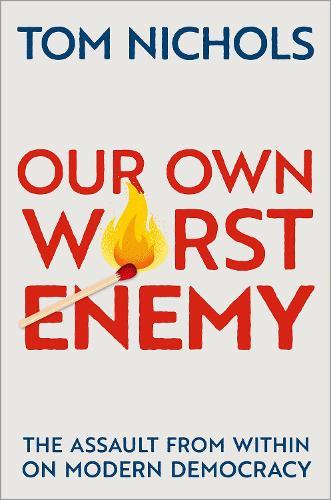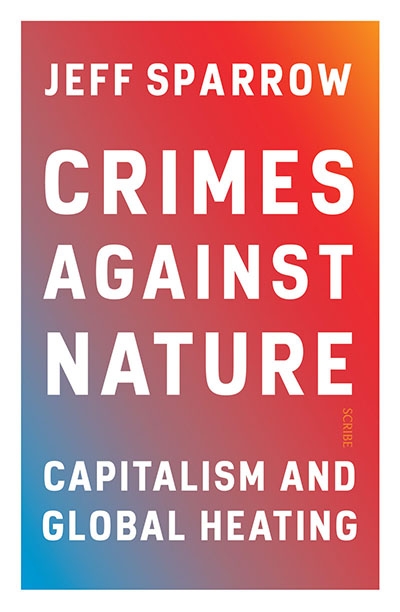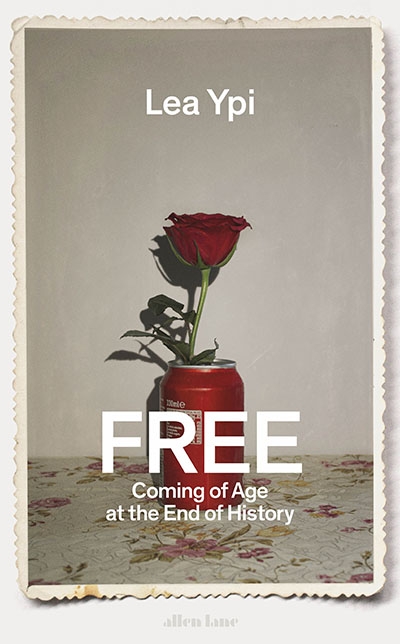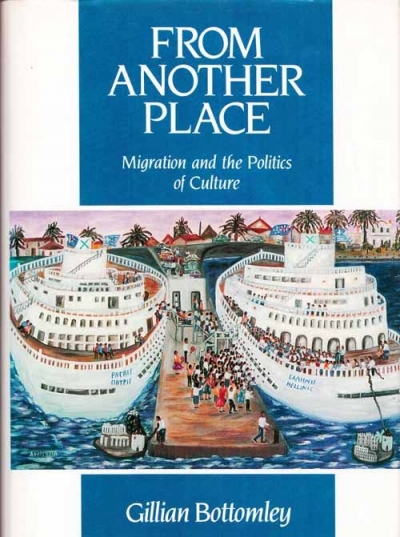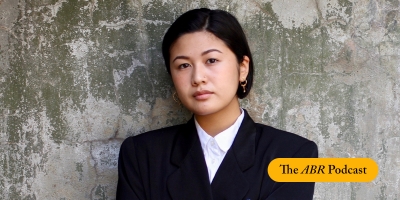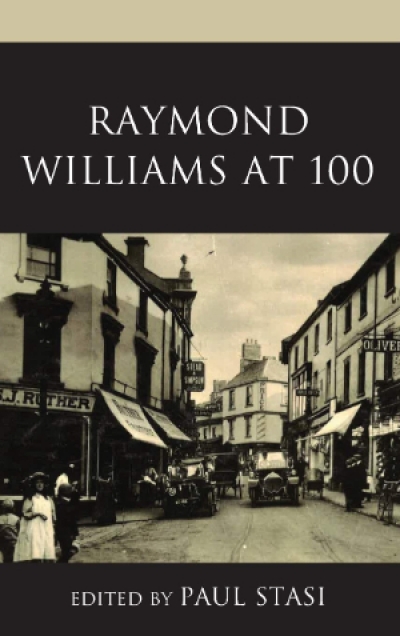Politics
Earlier this year, Ray Hadley was interviewing Scott Morrison on 2GB when the subject turned to the internal preselection battles of the Liberal Party in New South Wales. ‘And so it’s time for those who, you know, don’t do this for a living, to really allow those who really need to get on for the sake of the Australian people here,’ Morrison declared, none too coherently.
... (read more)In an age of disinformation, whistleblowers such as Julian Assange and Edward Snowden have been accorded the status of folk heroes. And yet, as their respective cases show, no other act of public service is harried as ruthlessly and vindictively by governments whose secrets have been aired. In this episode of The ABR Podcast, listen to Kieran Pender read his cover feature for the April issue, in which he argues for stronger whistleblower protections by examining the case of Bernard Collaery.
... (read more)Not long into Will Arbery’s Heroes of the Fourth Turning a character brings out an acoustic guitar and is asked to play a song. He chooses Townes Van Zandt’s ‘Nothin’’, a melancholy ballad pulled from the annals of American folk music. When it was released in 1971, many assumed it represented Van Zandt’s struggle with drug addiction. In fact, as he explained two years before his death, the song was inspired by Nikos Kazantzakis’s The Last Temptation of Christ, a novel banned by the Catholic Church in 1955 for representing a Christ figure prone to human fallibilities.
... (read more)On the first day of March this year, Scott Morrison declared his commitment to democratic principles. ‘My government will never be backward when it comes to standing up for Australia’s national interests and standing up for liberal democracy in today’s world,’ the prime minister told reporters. ‘We can’t be absent when it comes to standing up for those important principles.’ It was a deeply hypocritical statement from a leader who has overseen raids on journalists, the prosecution of whistleblowers, and the degradation of transparency mechanisms at the heart of our democracy. Standing up for important democratic principles is just about the opposite of what the Morrison government has done, domestically at least, in recent years. The secrecy-shrouded prosecution of Bernard Collaery makes that abundantly clear.
... (read more)Our Own Worst Enemy: The assault from within on modern democracy by Tom Nichols
The reverberations from 6 January 2021 continue. On that day, two thousand or more protesters stormed the Capitol Building in Washington, DC, intending to overturn the formal ballot electing Joe Biden as president of the United States. Waving phones, livestreaming their moves, some called for the execution of politicians, notably Vice President Mike Pence and Speaker Nancy Pelosi. For the first time, a Confederate flag was waved on the floor of the Congress, while a man wearing horns and waving a ‘Q sent me’ sign became the global image of the invasion. The mob was eventually pushed out of the building, but five people died during or after the assault, and four police officers caught in the mêlée later suicided.
... (read more)Crimes against Nature: Capitalism and global heating by Jeff Sparrow
There is a debate as long-running as climate change itself: can capitalism, with its demand for endless growth, be sustained on a planet with finite bounds and limited resources? Freemarketeers say yes. For them, the issue is not capitalism per se but an economic model that does not factor in the true cost of emissions. As a result, we the people and the planet are subsidising industries that pollute for free. The counterargument is based on simple intuition: How on earth can capitalism, the unstoppable force be contained inside the inelastic object? This has never received a convincing reply.
... (read more)‘Freedom’ is a word that slips off the tongue easily. As the moral philosopher Alasdair MacIntyre notes in his essay ‘Freedom and Revolution’: ‘No word has been more cheapened by misuse. No word has experienced more of the tortuous redefinitions of politicians.’ In the essay, MacIntyre turns to Karl Marx to recover the idea that human beings are essentially free. With the same source of inspiration, but through a poignant and often funny memoir of coming to age in state-socialist Albania, Lea Ypi’s Free attempts the same task.
... (read more)From Another Place: Migration and the politics of culture by Gillian Bottomley
The title of Gillian Bottomley’s lively study addresses both the major theme of migration and her own position as an academic anthropologist. Bottomley targets specialist studies with hard and fast disciplinary categories and attitudes and rejects the tone of impersonal scholarship which such works frequently adopt.
... (read more)Race, gender, class, sexuality – categories of identity have become central to not only our understanding of politics, but also our appreciation of art. Has the prominence of these categories, however, begun to circumscribe the achievements of writers celebrated on the basis of their identity? In this episode of The ABR Podcast, Mindy Gill reads her cover feature from the March issue. By parsing the rhetoric with which non-white writers are evaluated by reviewers, Gill shrewdly observes that in equating marginalisation with authenticity we do writers no favours. For in having their cultural background valued above all else, writers are being tacitly encouraged to eschew refinements of style and technique for a verisimilitude that often borders on caricature.
... (read more)Raymond Williams at 100 by Paul Stasi & Culture and Politics by Raymond Williams
The 2021 centenary of Raymond Williams’s birth was a moment of acknowledgment but also involved some assessment and testing of his ongoing relevance. Williams seemed to live many lives: son of a railway worker in rural Wales, Communist Party member, wartime tank commander, tutor in the Workers’ Educational Association, novelist, author of key texts within cultural and media studies, professor of drama at Cambridge University, founding figure of the British New Left, television reviewer and commentator, socialist activist and Welsh nationalist, cultural and Marxist theorist.
... (read more)
